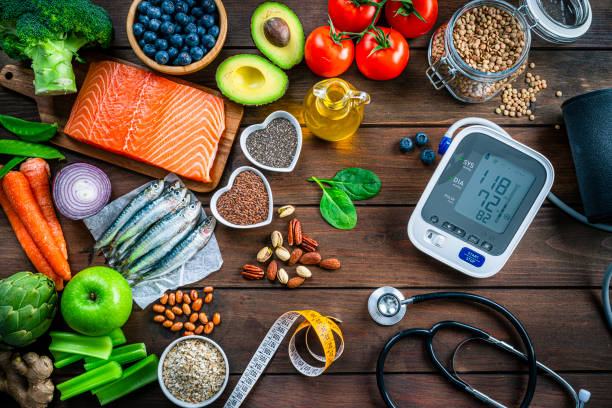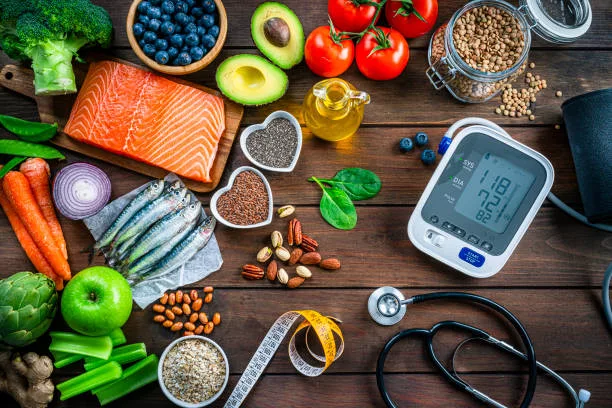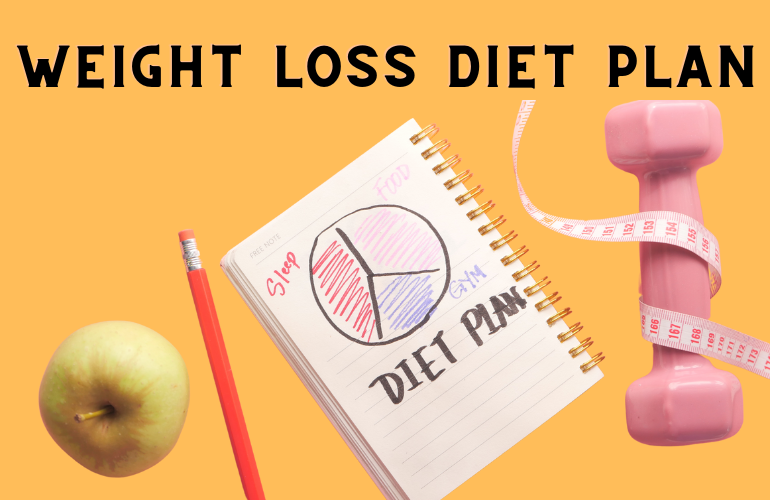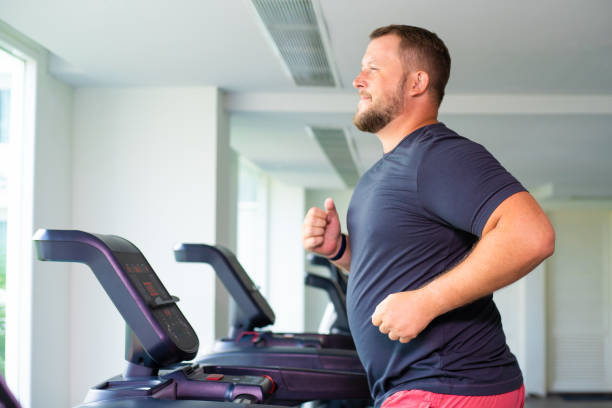Healthy Habits to Lower Blood Pressure
At times, treating high blood pressure may only require making lifestyle adjustments; however, on other occasions medication may be required to achieve effective results.
Dieting well, exercising regularly, drinking moderately (no more than two standard drinks daily for men), quitting smoking, managing stress well and losing weight are all effective strategies for naturally reducing blood pressure.
Eat a Healthy Diet
If you are at risk for high blood pressure, eating a diet low in sodium (sodium) and saturated fat is key to managing it effectively. Include more fruits, vegetables, whole grains and lean proteins while making sure to drink sufficient water each day. In addition, regular medical checkups with your provider is also vital in order to receive advice for healthy lifestyle habits and any necessary medication to control high blood pressure levels.

Dietary changes are one of the best ways to lower systolic blood pressure readings – the first number in your blood pressure reading. Systolic has been linked with heart disease and stroke risk factors, so it’s particularly important to work toward lowering this number.
One simple way to lower blood pressure is to limit sodium consumption by reading food labels and avoiding processed food products. Also, get plenty of potassium-rich foods such as bananas, potatoes and dark leafy greens into your diet or drink unsweetened pomegranate juice regularly for proper regulation.
Studies have demonstrated the importance of physically active living. Sitting too much can contribute to high blood pressure, making exercise even more helpful in controlling it. Try participating in some form of aerobic activity several times every week as well as weight lifting or resistance training to strengthen muscles.
Limiting alcohol, smoking, and caffeine consumption is an effective way to lower blood pressure, according to research studies. Studies indicate that moderate drinking is safe; even heavy drinkers who reduce their consumption to two drinks daily for men and one for women will see their blood pressure numbers improve.
Maintaining adequate rest and managing stress are two ways of combatting high blood pressure. Make sure you go to bed at a reasonable time, without watching TV or using the computer in the hour leading up to bedtime. If you’re having difficulty sleeping, try relaxing by taking a warm bath or shower and doing deep breathing exercises before trying again.
Exercise Regularly
Physical activity may seem like the last resort when dealing with high blood pressure, but physical activity is an invaluable way to bring down numbers. Aerobic exercises like brisk walking or cycling encourage blood vessels to expand and contract more freely for improved circulation; regular physical activity also helps you lose weight which contributes to reduced blood pressure levels. According to the American Heart Association’s recommendations for adults, at least 150 minutes (two hours and 30 minutes) of moderate-intensity physical activity is advised each week.
Start slowly if you’re new to exercise: aim to raise your heart rate for at least 20 minutes on most days during the week and include at least two strength training days in your routine. If unsure where to begin, consult your physician.
Regular exercise not only enhances your cardiovascular system but can reduce stress hormone levels as well. This lowers systolic blood pressure, helping you avoid more serious health problems like kidney disease, stroke and blindness.
Apart from exercise, deep breathing and meditation can also help lower your stress levels and bring about significant relief. Consider adding these activities into your daily schedule for best results.
Make sure to monitor both systolic and diastolic blood pressure measurements before and after exercising in order to monitor any progress or changes. Ask your physician for an inexpensive cuff-style sphygmomanometer that you can find at pharmacies or online.
If you’re having difficulty meeting your exercise goals, find activities you find enjoyable and join a fitness community for extra support. Ask friends for help or hire a trainer as a means of keeping accountable and being encouraged in whatever obstacles may come your way – consistent dedication will pay off in the end!
Get Enough Sleep
Sleep is essential to living a healthy life. It provides restful and restorative rest for our bodies while helping regulate our blood pressure, sugar and weight levels. Individual sleep needs differ but most adults need between 7-9 hours of restful slumber each night – even though managing high blood pressure may make getting enough rest difficult, making small changes can have big results!
While sleeping, your blood vessels relax and widen to give your heart the opportunity to pump blood around the body and deliver nutrients and oxygen directly to tissues. At this time of nightfall, your brain uses this opportunity to process the events of the previous day while planning for future ones.

However, lack of quality sleep can increase blood pressure. Your body’s response to interrupted breathing can increase heart rate and constrict blood vessels temporarily increasing blood pressure spikes while also keeping you from entering deeper stages of sleep where blood pressure typically lowers itself naturally.
Poor sleep can have a severe impact on stress levels, increasing your risk for high blood pressure and other health problems. One way to combat stress levels is through healthy habits like limiting salty food consumption and alcohol consumption as well as exercising regularly, maintaining an ideal weight and limiting screen time before bed.
Make sleep better by going to bed at the same time each night and rising at the same time every morning, even on weekends. Maintain a relaxing bedtime routine – like drinking herbal tea or listening to soft music before sleeping. Indulge in non-water beverages three hours prior to bedtime, and try unplugging from screens such as news and social media 90 minutes beforehand.
Regularly monitor your blood pressure with an at-home systolic and diastolic monitor. If either reading is excessively high or too low, consult your physician on how you can alter your lifestyle to bring down your blood pressure levels.
Reduce Stress
Stress can temporarily raise your blood pressure, but once the stressful event (e.g. delivering a big presentation) has passed your body typically recovers and your blood pressure returns to normal. But prolonged anxiety could damage arteries and lead to heart disease – making stress an unhealthy lifestyle choice in itself.
Reduce stress levels by prioritizing self-care practices that help relax both mind and body. This may involve healthy habits like eating well, getting enough restful sleep and engaging in regular physical activity as well as deeper breathing or meditation practices such as taking yoga classes or practicing guided imagery at home – whatever works for you is key in order to find relief from stress.
Reduce caffeine, as it has been linked to higher blood pressure. Caffeine increases your heart rate and makes you jittery – therefore avoid caffeinated drinks such as coffee, tea, soda and certain medications containing caffeine.
Regular exercise can keep your body fit and healthy while helping to lower your blood pressure. Aim to complete 30 minutes of moderate physical activity on most days throughout the week – walking, jogging, swimming, cycling or using an elliptical machine are just a few examples of activities which could benefit.
Your diet plays a huge role in managing blood pressure. Eating too much salt is one of the main culprits, so reducing how much you consume is essential to lowering it. Choose foods low in salt or avoid packaged items (such as chips, canned soups and vegetables, lunch meats, cheese and store-bought salad dressing).
Potassium is another essential nutrient for maintaining healthy blood pressure, and you can get it by eating more fruits, vegetables and whole grains. Try adding cooked spinach to your morning smoothie, creating a fresh leafy salad at lunch or dinner or even baking up some kale chips – these all provide plenty of potassium.
Calcium and vitamin D can play an essential role in keeping your blood pressure under control, so try to consume plenty of dairy products such as milk, yogurt and fortified cereals to meet these goals. You may also get these essential vitamins from fortified eggs, fatty fish, nuts or dark chocolate.



